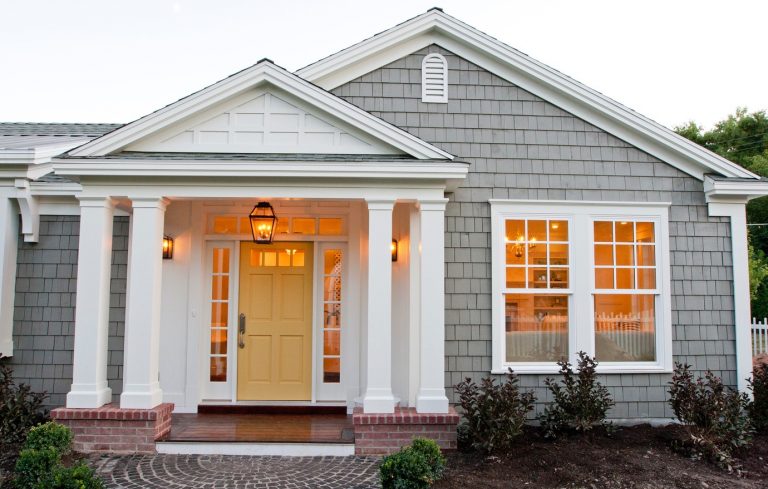This is a guest post from our friends at United Locksmith.
Locksmiths specialize in different types of security services, but there are certain tasks you can expect a locksmith to be able to perform. They can install or repair almost any variety of security tools, but there are limitations. Be sure that you are hiring the proper professional to service your security needs.
A residential locksmith is the best professional to hire if you are:
- Locked out of your home.
- Looking to fix your broken lock.
- Changing or rekeying your locks.
- Upgrading your home security.
Can a residential locksmith service a safe?
Further specialization, such as repairing and opening a safe should not be assumed, but there are many residential locksmiths that can service safes. This is easy to establish with the question, “Do you work with safes?” when you initially contact a locksmith.
A residential locksmith should not:
Handle complex electrical work
Modern locksmiths can install basic security cameras and electronic locks, but when there is a short or an issue with the wiring, this should be handled by hiring an electrician.
Install wall or floor safes
Major structural changes to a home should be handled by contractors. This type of work requires tools, materials, and expertise that fall too far outside the purview of the average residential locksmith.
Damage security without replacing it
When you are locked out of your home, opening your security may require some form of destructive entry. In the case of lockouts, this is often accomplished by drilling the lock. A drilled lock must be replaced, and this should be expressed by the locksmith before the lock is drilled.
Service security systems
A security system should be serviced by the appropriate company who is responsible for the system.
Does your locksmith need a license?
License requirements vary depending on the state. States that require locksmiths to be licensed include:
- Alabama
- California
- Connecticut
- Illinois
- Louisiana
- Maryland
- Nebraska
- Nevada
- New Jersey
- North Carolina
- Oklahoma
- Oregon
- Tennessee
- Texas
- Virginia
If residential locksmiths in your state are not required to be licensed, you can still ask to see proof that they are insured or bonded. You may also ask if they are a part of any locksmith organizations such as the ALOA (Associated Locksmiths of America). If the locksmith can provide proof for none of these things, their credibility is suspect.
Author Bio
Ralph Goodman is a security expert and lead writer for United Locksmith, which holds the #1 locksmith blog on the Internet. United Locksmith is a great resource to learn about locks, safety, and security. They offer tips, advice and how-to’s for consumers, homeowners, locksmiths, and security professionals. Ralph has been featured widely throughout the web on sites such as Business Insider, Zillow, Bluetooth, Apartments.com, CIO, and Safewise.




